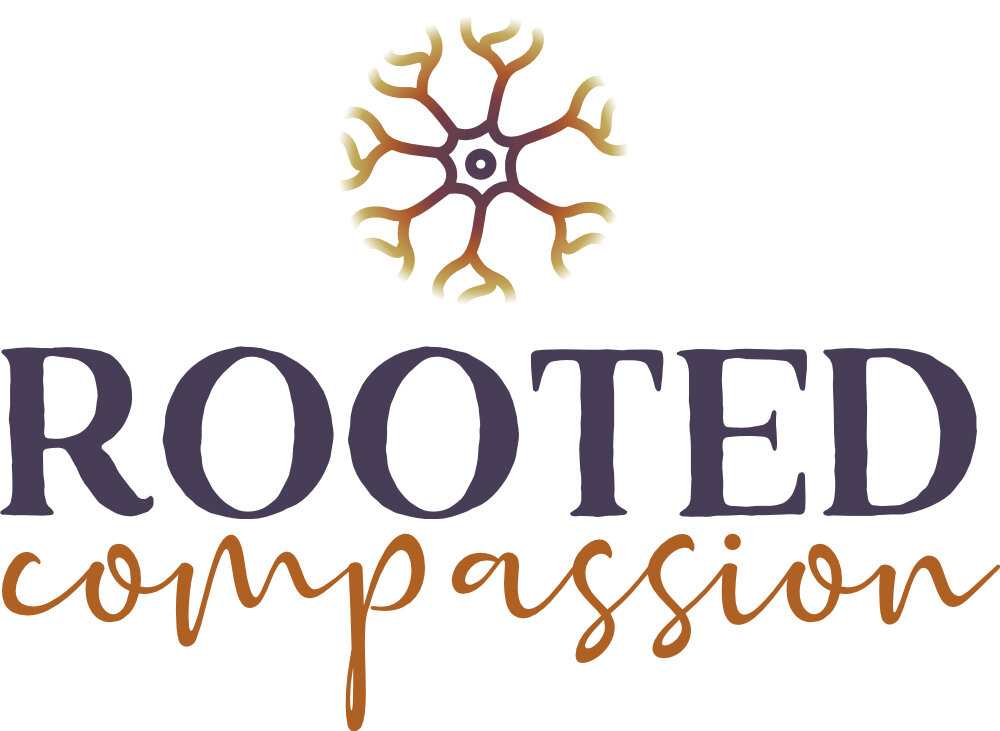Brandon Mueller, MA, LPC
Brandon believes that personal growth and healing happen within a trusting, nonjudgmental, safe, honest, and empathic therapeutic relationship. To build that relationship, he is fully committed to learning about and understanding each client’s unique perspective, background, values, and choices. His style is warm, compassionate, and often infused with humor to foster a comfortable and supportive environment.
The nervous system is the key to successful and lasting healing, and Brandon is here to help you unlock its potential. He specializes in assisting clients to understand and regulate their nervous system responses to achieve the healing and growth they desire. Brandon uses a variety of evidence-based approaches, including Accelerated Resolution Therapy (ART), which rewrites negative memories into positive ones using bilateral stimulation through eye movements—similar to EMDR but with faster results. He also incorporates Somatic Focused Counseling, helping clients connect with and heal through their bodies.
His approach to individual counseling also includes trauma-informed care utilizing polyvagal-based practices, mindfulness-based techniques, person-centered principles, and strategies from Dialectical Behavior Therapy (DBT). Through a nervous-system-focused lens, Brandon works to create a space full of unconditional support and acceptance, aiding in the development of self-regulation, self-esteem, interpersonal skills, and deep healing.
Brandon believes that together you can uncover your strengths and build the skills needed to create the life you want to live. If you’re ready to begin your journey toward building a life worth living, reach out today.
Brandon Mueller is under the supervision of Amy Stenger-Sullivan, LPCC-S, E.1901406-SUPV.
Telehealth & In-Person | Individuals 18+

What People Are Saying About Brandon
“I have had the privilege of working alongside Brandon and getting to know him both professionally and personally. He possesses an exceptional ability to connect with others through his remarkable attunement, compassion, warmth, and a gentleness that is truly unique. Brandon's vibrant and kind personality creates a space of acceptance, creativity, and humor. He is highly skilled in helping people explore the connections between their mind, body, and emotions.
I wholeheartedly recommend Brandon to anyone seeking support in this area.”
— Megan Kopack, M.A., LPCC (OH), LPC (VA)
Brandon’s Favorite Ways to Calm:
“I watch a playlist of anime music videos (AMVs) or listen to my curated playlist of anime theme songs and visualize the animation and move along with the music.”
Brandon’s Favorite Ways to Discharge:
“Shaking, fast walking, progressive muscle relaxation, towel twist, wall push, palm press.”
Brandon’s Specialties and Modalities:
-

Somatic Focused Counseling
The nervous system is the key to successful and lasting healing. Brandon assists you in getting to know and understand your nervous system reactions so you can achieve the healing you want!
-

Accelerated Resolution Therapy (ART)
Accelerated Resolution Therapy (ART) rewrites negative memories to positive memories in the brain using bilateral stimulation with eye movement - similar to EMDR but with faster results.
-

DBT (Dialectical Behavior Therapy)
Brandon utilizes Dialectical Behavior Therapy (DBT), a well researched, evidenced-based treatment that has been shown to help those struggling with overwhelming emotions, self-harm, and suicidal ideation. Brandon is passionate about creating a safe, supportive environment for clients to learn and practice new skills to live in the present moment, understand and manage intense emotions, change unhelpful or harmful behaviors, and improve relationships with others.

